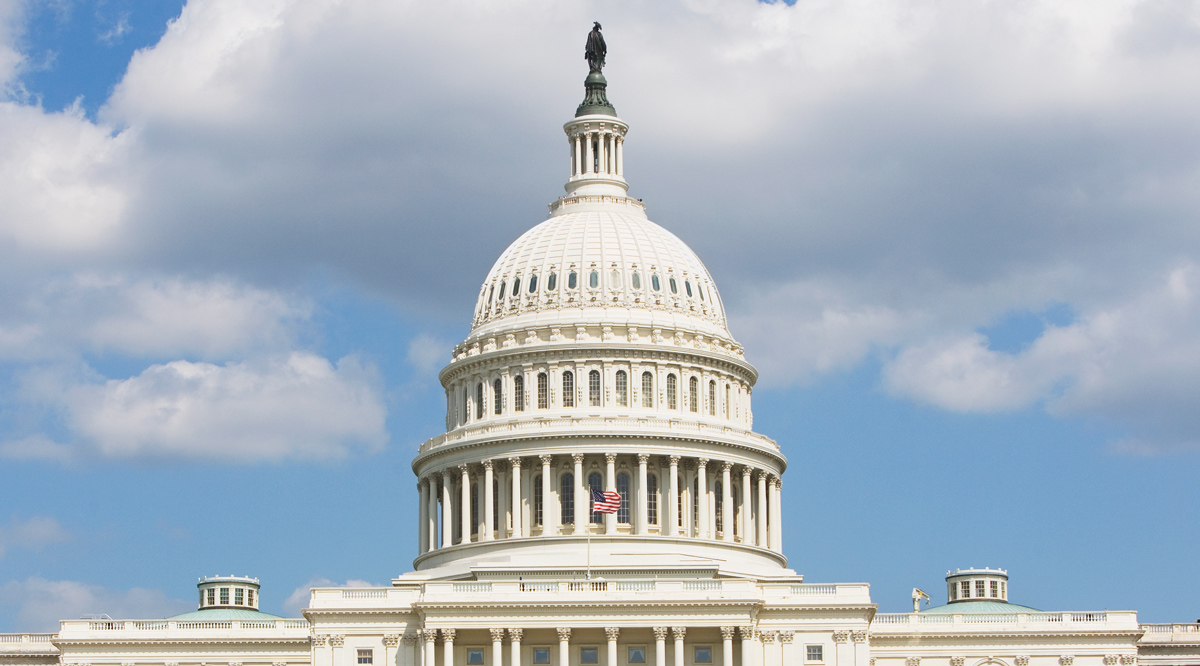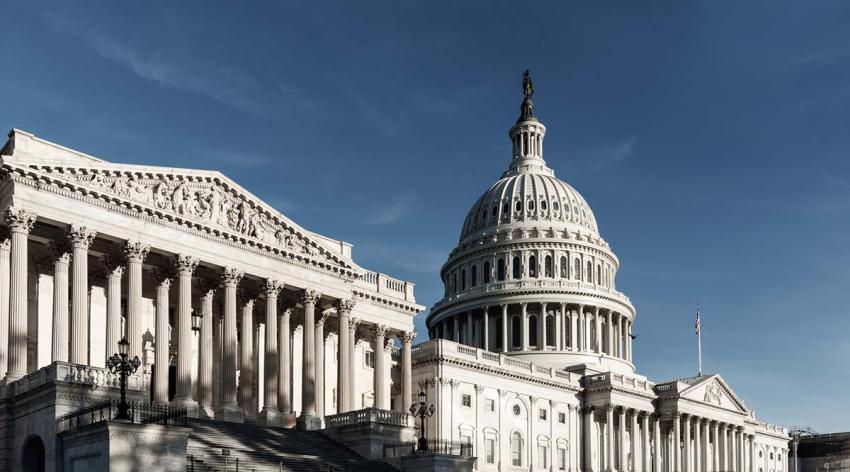Advocacy & Policy
About Our Advocacy
The AAMC works with policymakers and other leaders to advance policy priorities that strengthen the nation’s health and well-being.
Learn more about how the AAMC advocates on behalf of academic medicine.
Our Legislative and Policy Priorities

Advocacy & Policy

Advocacy & Policy

Advocacy & Policy

Advocacy & Policy

AAMC Action – Let’s Raise Our Voices Together
AAMC Action is a community of students, residents, researchers, faculty members, physicians, and others who advocate on behalf of academic medicine to improve the health of people everywhere.
Find Advocacy & Policy Content
1 - 5 of 3682 results
No filters applied

Washington Highlights
Washington Highlights is a weekly newsletter that provides updates on the latest legislative and regulatory activities affecting academic medicine.
Subscribe to receive weekly Hill and regulatory updates to your inbox.

